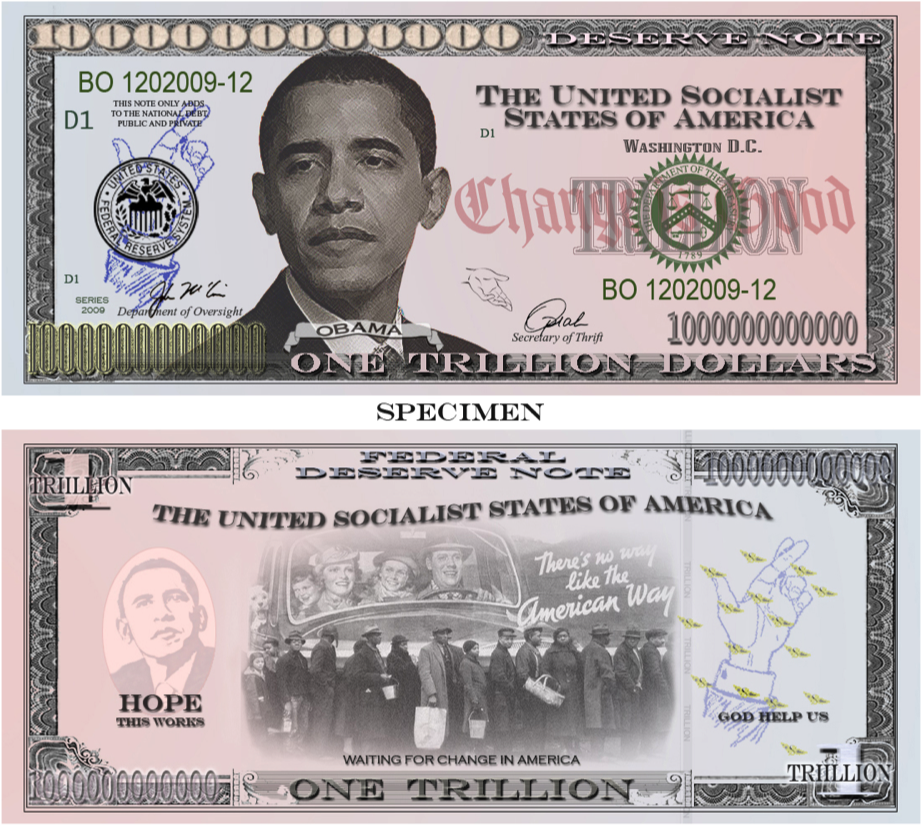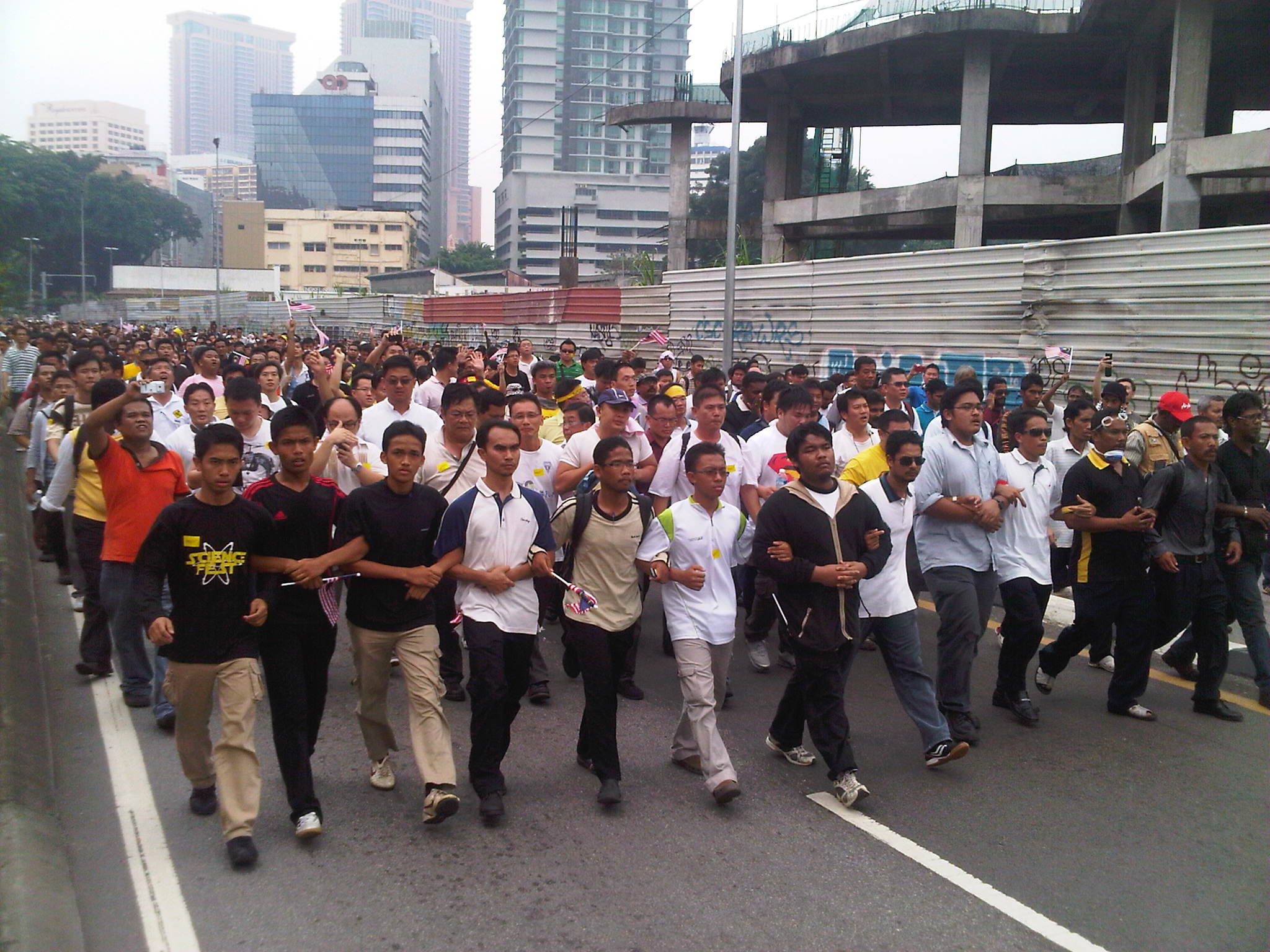
CEDAR RAPIDS, Iowa — Representative Ron Paul has a message for the ardent followers who read his books with a highlighter and donate to his fund-raising “money bombs” on the Internet: Winning the Iowa Straw Poll next month would “rock the establishment.”
Mr. Paul’s libertarian views have moved from the fringe toward the mainstream of conservative thinking in the past several years, with his warnings about fiscal meltdown gaining new resonance and the 2008 financial crisis allowing him to press his longstanding critiques of the Federal Reserve.
Now, as he again seeks the Republican presidential nomination, he is hoping to show that he can translate the new attention into votes. And his first test is the straw poll next month, where he is hoping he can organize his band of followers into a political machine capable of beating some or all of his brand-name rivals.
Phil Luetchford, 24, an engineer who left Mr. Paul’s appearance here at a Marriott hotel carrying a half-dozen Ron Paul lawn signs, plans to drive with co-workers and church members to Ames. “I’m really upset about the bailouts,” Mr. Luetchford said. “I don’t understand how the elite can choose who stays in business.”
Another volunteer, who asked not to be named because he has taken a 30-day leave from the military to campaign, which is discouraged, said: “Ron Paul tells his supporters, come and support him in the straw poll, and we come because we will walk through fire to vote for Ron Paul. He speaks to us.”
When asked how Mr. Paul, a 75-year-old former obstetrician who still has the manner of a folksy country doctor, speaks to a much younger generation, many cite his decades as a Cassandra warning about ruinous federal debt.
“I’m the one who has to pay the bills,” said Ben Kmack, 30, a professional diver, who heard Mr. Paul speak in Ames.
Mr. Paul dismissed the debt ceiling crisis embroiling Washington as a nonissue. The government is already bankrupt, in his view, and disguises it by printing money. “There’s no way the checks aren’t going out to Social Security,” he told the crowd. “The real question is what is the money going to buy when you get it.”
Many audience questions were technical, posed by people who knew his views well: As president, could he issue an executive order to make the Federal Reserve exchange gold for dollars? How quickly could he abolish the Fed altogether?
If the specifics of his monetary views are still unconventional, if not outright dismissed by most economists, his broad critique of a bloated government that needs to shrink to avoid catastrophe has become widely accepted in the Republican Party. His argument that many of the activities taken on by the federal government are illegal under the Constitution is a tenet of the Tea Party.
“In 2007 people laughed at him,” said A. J. Spiker, a vice chairman of the Paul campaign in Iowa. “John McCain and others laughed at these ideas. A lot of candidates are now echoing what Ron Paul says.”
“I think Ron Paul is a man whose time has come,” Ms. Coppess said.
Continue reading - NY Times - Iowa Polling to Test Paul’s Move to Mainstream
Congressman Ron Paul Speech in Cedar Rapids, Iowa - July 25, 2011


































